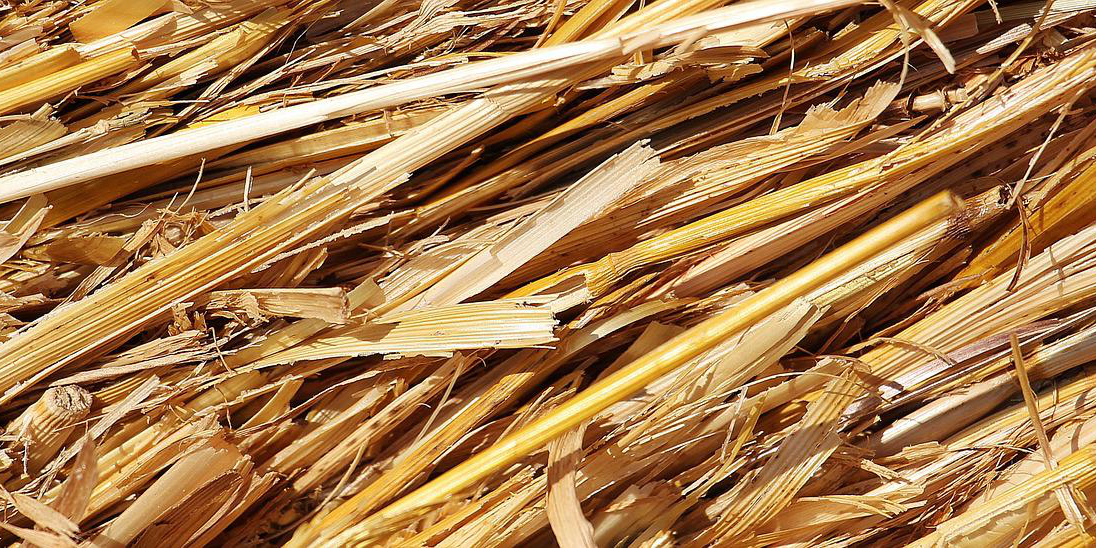Expert Warns of Fungal Spike in Wet Weather Straw.
In an article published in the latest issue of the racing industry’s leading magazine, European Trainer Magazine, an expert on stable health and biosecurity from the Irish Equine Centre warns that this year’s wet weather has drastically raised the risk of fungal contamination in baled straw bedding.
Alan Creighton is a highly respected, world class specialist in performance, biosecurity and environmental pathogens in the equine industry, and his article in Trainer opens with this warning: “I have no doubt that there will be an increase in racehorse respiratory issues this winter and next spring due to a combination of poor hay and straw harvests in conjunction with a very damp autumn…”
Straw is still the single most popular choice of bedding for horses in the UK, and the article says that damp conditions in the growing and harvest periods led to cereal crops displaying significant signs of fungal contamination while still in the fields, and to discoloured, dusty, high-moisture straw.
For all horses, and especially racehorses, maintaining a fully functioning respiratory system is crucial for optimal performance. Respiratory conditions such as IAD, COPD, RAO, and EIPH are major contributors to poor performance, with fungi and mycotoxins, particularly the pathogenic fungus Aspergillus, being identified as significant culprits. Fungi or dust penetrating the airways can lead to inflammation, causing a range of issues from infection to toxicity and allergenic reactions.
Straw is identified as one of the main sources of the Aspergillus fungus. It proliferates in stored straw or foodstuffs with moisture levels exceeding 14% and it both causes respiratory disease itself and induces immunosuppression, making horses more susceptible to secondary bacterial and viral diseases which also proliferate in warm, damp bedding.
The damp weather not only affected crops, but also impacted stables, creating a perfect environment for fungal growth on internal surfaces. And climate change conditions combined with farming policy has also significantly reduced the availability of straw, creating a perfect storm of poor quality, lack of supply and higher costs for straw bedding buyers.
Alan Creighton points out that straw is usually a lower cost option than wood shavings like Bedmax, but for racing trainers particularly, buying contaminated straw could be a false economy if it carries the threat of respiratory disease. That’s why so many trainers and horse owners buy Bedmax shavings, knowing they can minimise the risk of compromising their horse’s performance by using a bedding made specifically to minimise dust and fungal contamination, dried at sterilising temperatures and made principally from pine, which really does kill 99% of harmful bacteria and of course properly dried bedding will have no fungal spores.




